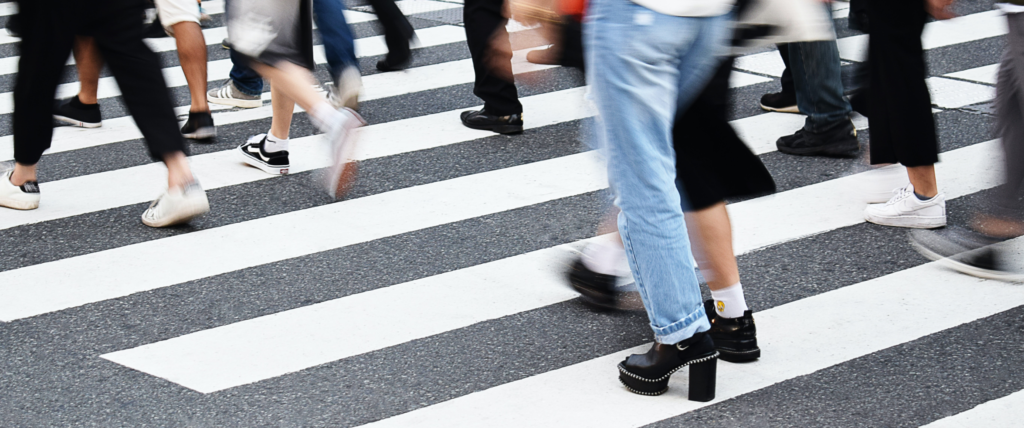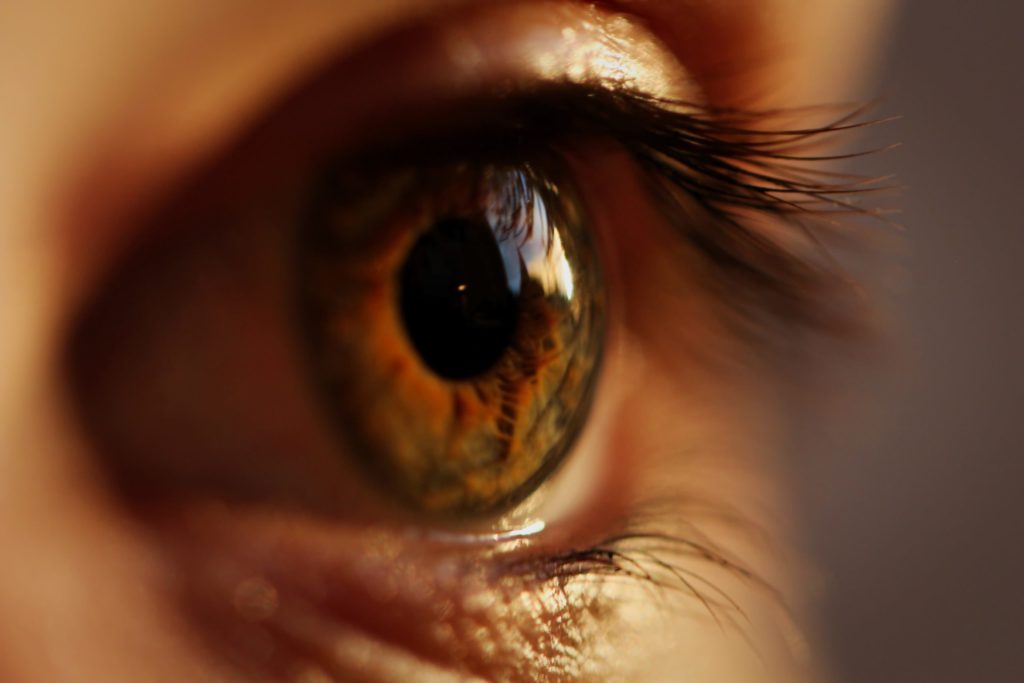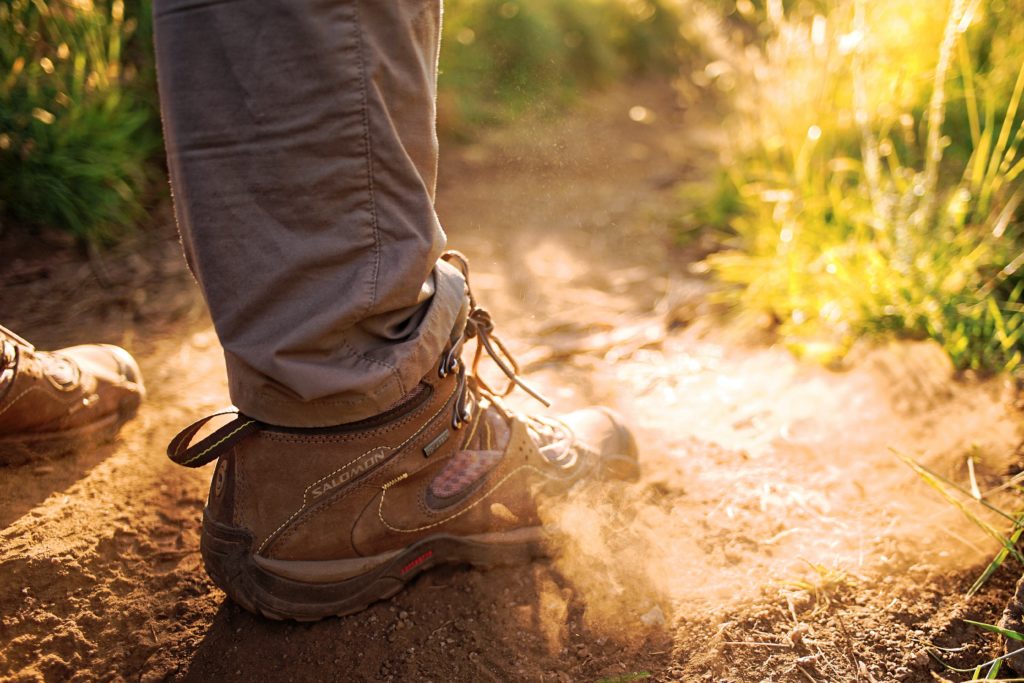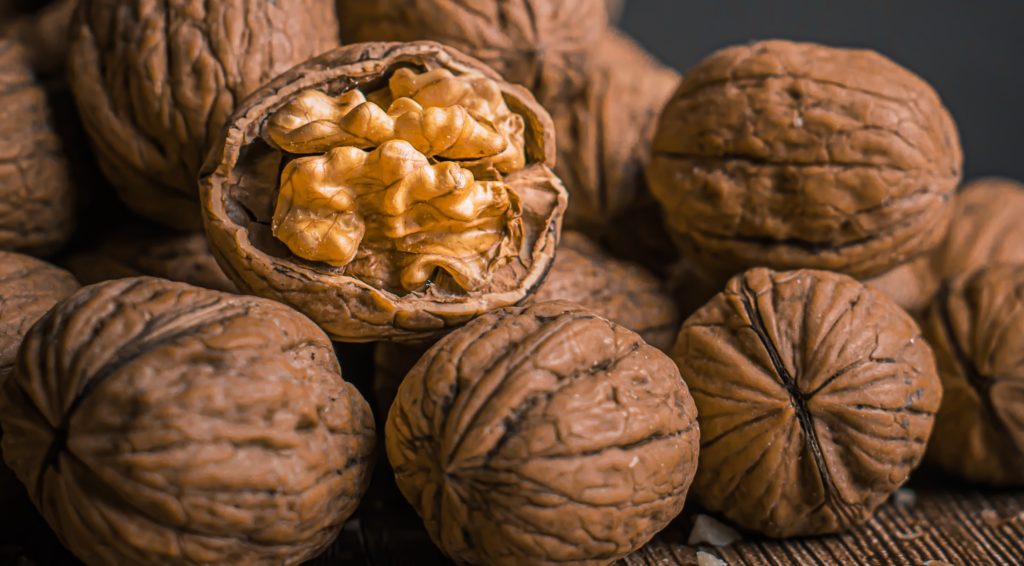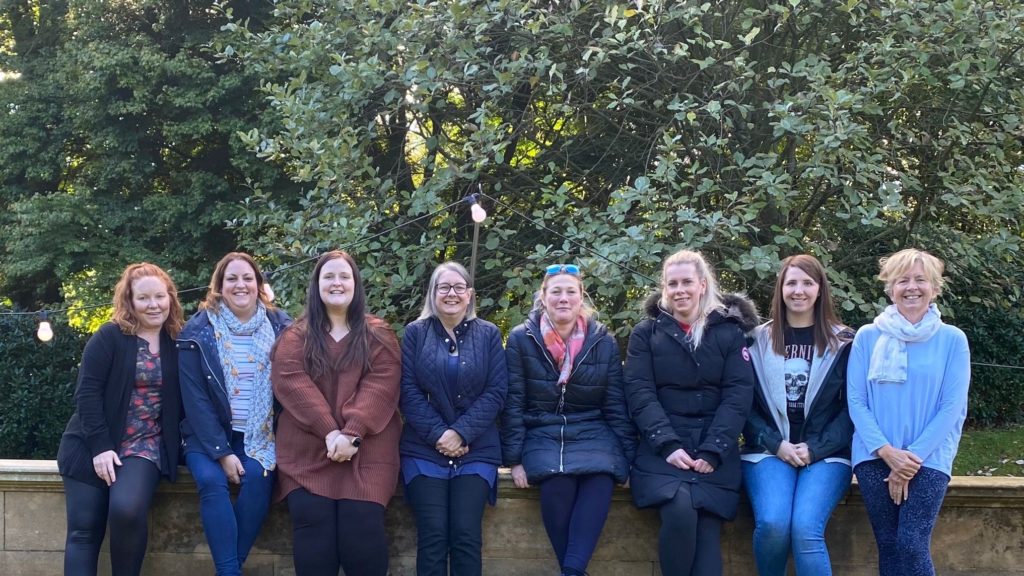The birds and the bees: Can enjoying nature promote health and wellbeing in older people?
There’s growing evidence that engaging with outdoor spaces promotes health and wellbeing across all ages. Yet as we get older, our changing abilities, motivations and means could prevent us from reaping the rewards of interacting with nature. Professor Birgitta Gatersleben and Dr Ciara O’Brien from the University of Surrey set out to co-design and test a nature-based conservation activity with residents at Whiteley Retirement Village, to see what works best for who, and to empower older people to enjoy the outdoors.


